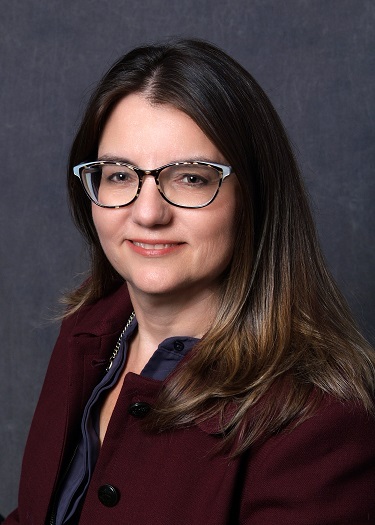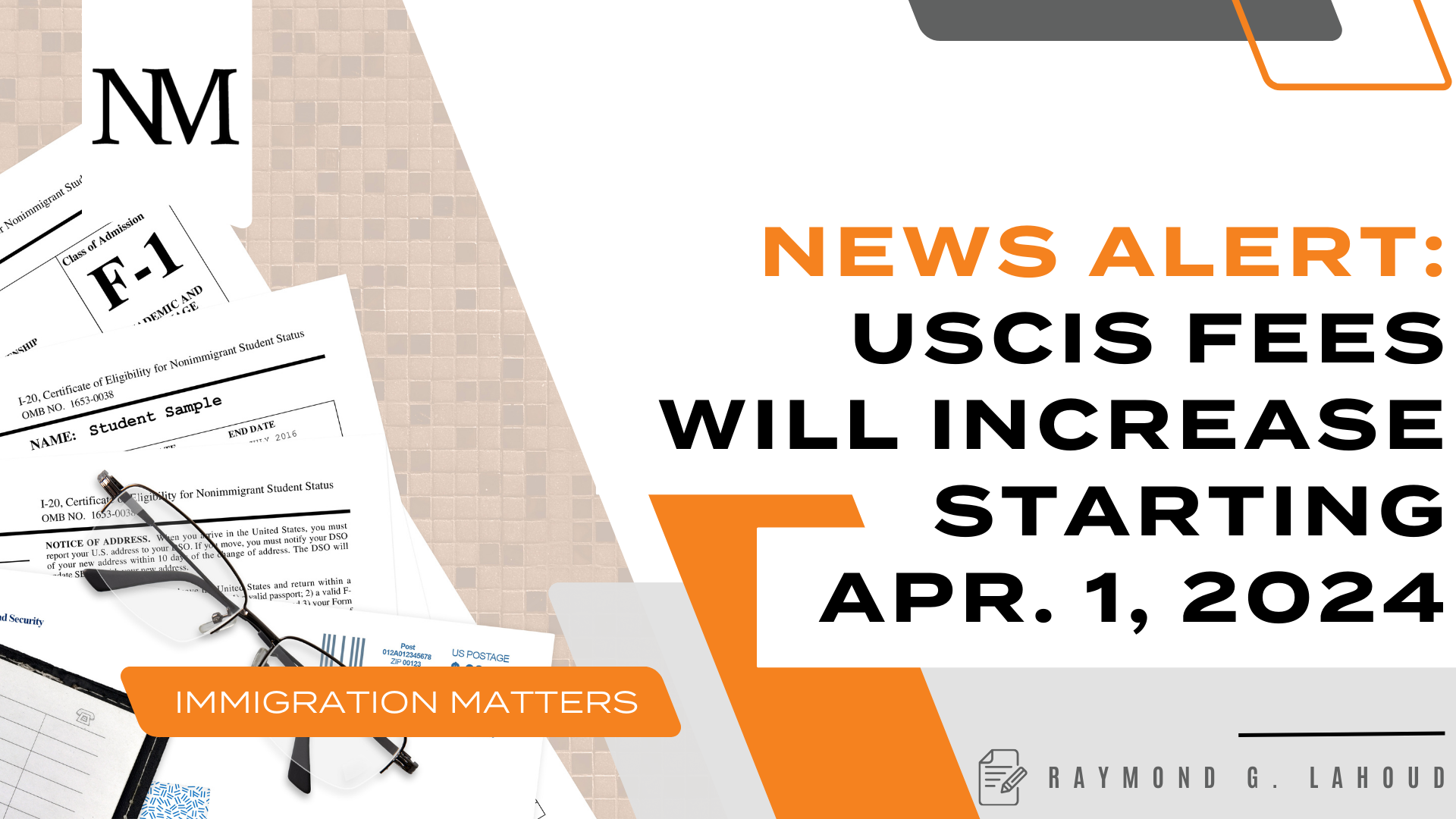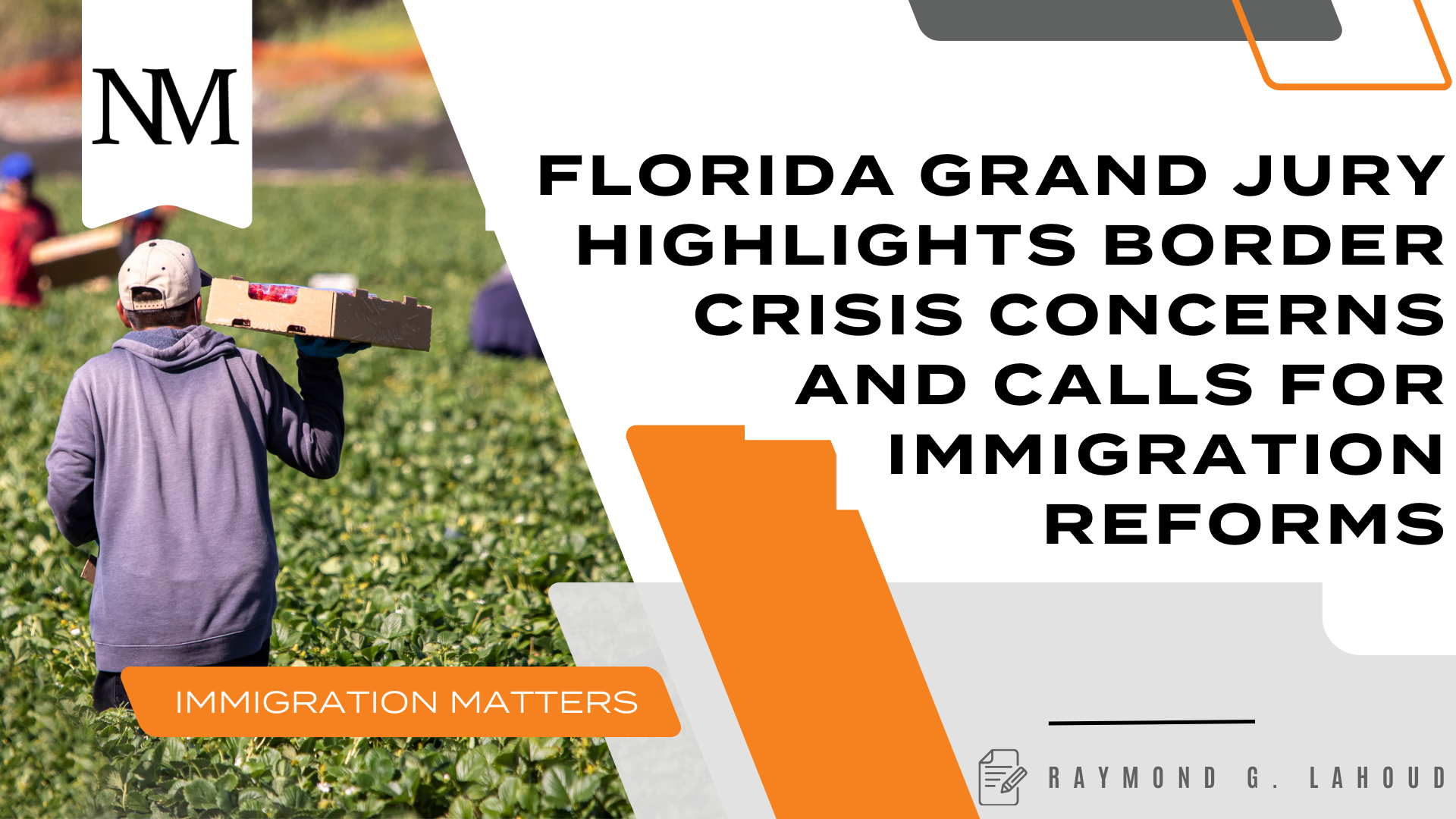If you have any questions about this post or any other related matters, please feel free to email me at ssiegel@norris-law.com or Chair of the Norris McLaughlin Immigration Law Practice Group, Ray Lahoud, at rglahoud@norris-law.com..
Impact of New Public Charge Rule on Seniors and Disabled Individuals

In August, the Department of Homeland Security issued the final version of its revised “Public Charge” regulation. This rule is scheduled to go into effect in October, although legal challenges are expected.
If implemented, the rule could have devastating effects on individuals with disabilities and seniors who are immigrants, as well as those who rely on caregivers who are immigrants.
Background
For decades, the federal government has considered whether an immigrant is likely to become a “public charge” in deciding his or her application for a VISA to come to the United States or to become a lawful permanent resident (i.e., a green card holder). However, the new rule makes a number of major changes to this policy in order to broaden its impact, and specifically targets low-income and disabled immigrants.
What's New
First, it changes the definition of “public charge” from someone who is “primarily dependent” on federal cash benefits (or receives Medicaid long-term-care institutional services) to a person who simply receives one or more of an expanded category of benefits.
The benefits considered in a public charge determination are expanded under the new rule to include, for the first time, SNAP (food stamp) benefits, Section 8 and other federally subsidized housing, and Medicaid except for emergency care; services for children and pregnant women; and school-related Medicaid services. The exception for school-related and Individuals with Disabilities Education Act (IDEA) services is important, as it funds many services for young adults with disabilities. However, once a child ages out of the school system, their support services are often covered by Medicaid and therefore would be subject to the rule. Medicaid is the primary provider for the type of community-based services that many people with disabilities need - personal care services, nursing services, respite, intensive mental health services, and employment supports. These services allow individuals with disabilities to remain in the community, and Medicaid is very often the only source for coverage. Moreover, many individuals with disabilities rely on supported housing and SNAP at some point.
In addition, the rule expands the application of the public charge analysis to immigrants seeking an extension of stay or a change of status (e.g., extending a current visa or changing visa types such as from a student visa to an employment visa). It can also apply to individuals who left the country for an extended period and now seek to return.
Finally, the rule revises and expands the public charge analysis. The department currently looks at six factors to determine the likelihood an individual will become a public charge: age, health, family status, finances, education and skills, and whether the applicant has an affidavit of support. The revised rule permits the agency to consider a person’s income, credit history, past applications for benefits, English proficiency, occupational skills, family size, and employment history. The final rule also includes new factors that will be heavily weighted against the applicant. These include being unemployed; and being diagnosed with a medical condition likely to require extensive medical treatment or institutionalization or to interfere with the ability to work, attend school, or care for himself or herself, if the applicant is uninsured, cannot obtain private health insurance, and has limited resources. This is likely to eliminate large numbers of individuals with disabilities from consideration.
Conclusion
In reality, the inclusion of Medicaid under the new rule has limited direct legal impact. Individuals who are eligible for most of the Medicaid services included in the final rule are not subject to public charge determinations, as they are already in the country legally. However, even though the rule states that the Department of Homeland Security will look only at an individual’s personal use of benefits, not benefits used by a family member, there is already evidence of a drop in applications for public benefits. From a survey of roughly 2,000 adults in immigrant families, the Urban Institute found that 13.7% of respondents, and over 20% of low-income respondents, reported that they or a family member did not enroll in a government program such as Medicaid, SNAP, or housing subsidies due to fear of risking the ability to obtain a green card. There is a real danger that parents may forgo seeking benefits and supports for their children with disabilities out of similar concerns.
Many experts also believe the rule will have a negative impact on the availability of low-wage health care workers such as home health aides who work with seniors and individuals with disabilities. It is estimated that 25 to 50 percent of home health care workers in the U.S. are recent immigrants. Many of them are eligible for SNAP and other benefits due to their low wages. The rule is likely to exacerbate the existing shortage of these workers - a problem that will only get worse as baby boomers age and the need for such caregivers increases dramatically. It seems ironic that Medicaid recipients and the providers that Medicaid pays such low wages will both be negatively impacted by this rule.




